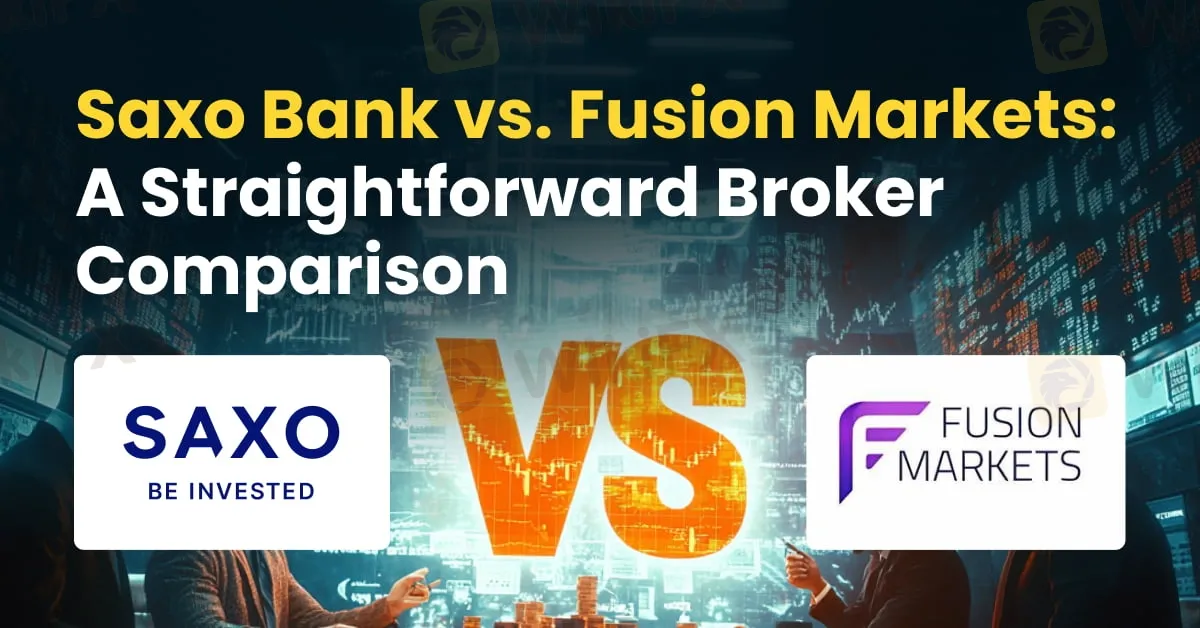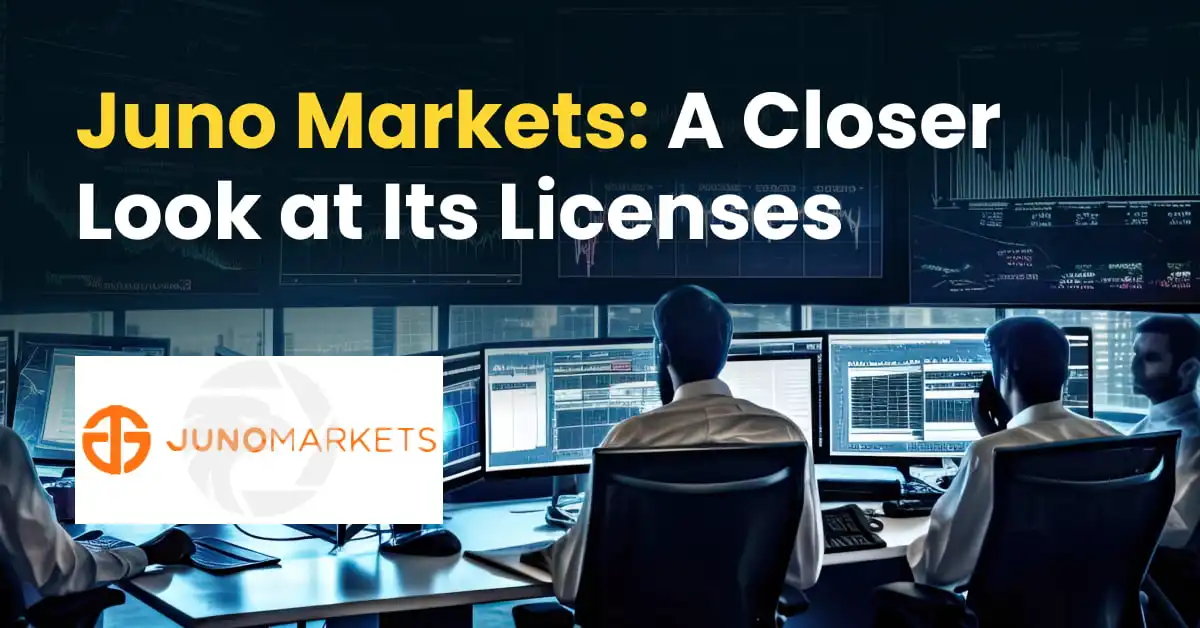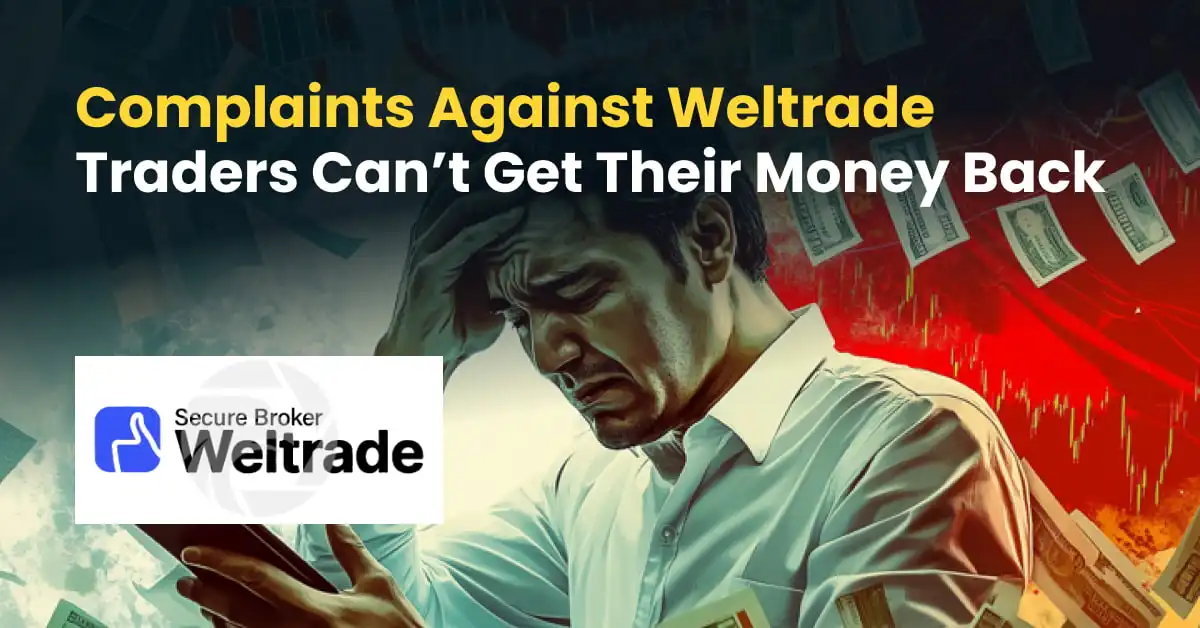简体中文
繁體中文
English
Pусский
日本語
ภาษาไทย
Tiếng Việt
Bahasa Indonesia
Español
हिन्दी
Filippiiniläinen
Français
Deutsch
Português
Türkçe
한국어
العربية
Saxo Bank vs. Fusion Markets: A Straightforward Broker Comparison
Abstract:When it comes to choosing a forex and CFD broker, traders often face a key question: do you go with a trusted, global institution like Saxo Bank, or a low-cost, flexible option like Fusion Markets? Both brokers offer unique advantages, but they’re built for very different types of users.

When it comes to choosing a forex and CFD broker, traders often face a key question: do you go with a trusted, global institution like Saxo Bank, or a low-cost, flexible option like Fusion Markets? Both brokers offer unique advantages, but theyre built for very different types of users.

Saxo Bank is a global investment bank that‘s been around since the early 1990s. It’s heavily regulated in major financial markets, including by the UK‘s Financial Conduct Authority (FCA), Australia’s ASIC, and Japan‘s FSA. It also offers strong client fund protection and participates in Denmark’s investor compensation scheme. This makes it one of the safest choices for traders who prioritize regulation, trust, and long-term stability.
Fusion Markets, on the other hand, is a newer broker focused on keeping costs low for everyday traders. It is regulated by ASIC in Australia but also holds offshore licenses like the Seychelles FSA, which offers weaker protections. This isnt necessarily a red flag for most users, but those who want full regulatory backing might be cautious.

In terms of what you can trade, Saxo Bank offers a huge product range with over 40,000 instruments across stocks, ETFs, bonds, futures, options, forex, and more. It‘s built for professionals and serious investors managing large, diverse portfolios. The broker’s SaxoTraderPRO platform provides powerful tools for experienced users, while SaxoInvestor is a simpler version for beginners who just want to buy and hold.
Fusion Markets takes a more focused approach. It offers forex, a few commodities, indices, and stock CFDs, but no crypto, bonds, or options. What it lacks in variety, it makes up for in platform choice and pricing. Traders can use MT4, MT5, cTrader, or even TradingView, making it perfect for those who want flexibility and the ability to automate strategies.

When it comes to cost, the difference is clear. Saxo Bank is expensive. Institutional and VIP clients may need to deposit $100,000 or more just to access preferred pricing. Spreads can be tight (as low as 0.4 pips), but commissions on other products like stocks and ETFs can add up quickly. In contrast, Fusion Markets is one of the lowest-cost brokers on the market. Theres no minimum deposit, and their Zero account offers raw spreads starting at 0.0 pips with just a $4.50 commission per lot, which is ideal for cost-sensitive traders and those testing out new strategies.
Customer service is another area where Fusion Markets shines. It offers 24/7 support through live chat, phone, and email. It also provides free educational content for beginners. Saxo Banks support is more limited, with service only available on weekdays, and some users report issues with login processes and platform navigation.
So, which broker is right for you? If you're a professional or high-net-worth trader looking for access to global markets under strong regulation, Saxo Bank is a solid choice. Its wide product range, institutional-grade tools, and long-standing reputation make it ideal for building and managing large portfolios.
But if you're a retail trader, just starting out, or focused on low-cost forex strategies, Fusion Markets is likely a better fit. Its simple to use, highly affordable, and offers more freedom when it comes to platform choice and strategy testing, without the pressure of large deposits.
Ultimately, your decision should depend on your goals, budget, and risk comfort. Saxo Bank offers depth and safety, while Fusion Markets offers speed, savings, and flexibility. Both serve different needs, and both do it well.

Disclaimer:
The views in this article only represent the author's personal views, and do not constitute investment advice on this platform. This platform does not guarantee the accuracy, completeness and timeliness of the information in the article, and will not be liable for any loss caused by the use of or reliance on the information in the article.
Read more

What Is Indices in Forex? A Beginner’s Guide to Trading Forex Indices
Understand what indices in forex are, how DXY works, key differences vs pairs, pros/cons, and where to trade CFDs—beginner-friendly, expert-backed guide.

Malaysian Finfluencers Could Face RM10 Million Fine or 10 Years in Prison!
A new regulatory measure by the Securities Commission Malaysia (SC) is set to change the country’s online trading and financial influencer landscape. Starting 1 November 2025, any trader or influencer caught promoting an unlicensed broker could face a fine of up to RM10 million, a prison sentence of up to 10 years, or both.

Juno Markets: A Closer Look at Its Licenses
When selecting a broker, understanding its regulatory standing is an important part of assessing overall reliability. For traders seeking to protect their capital, ensuring that a platform operates under recognised and stringent oversight can make all the difference. Keep reading to learn more about Juno Markets and its licenses.

Complaints Against Weltrade | Traders Can’t Get Their Money Back
Opening a trading account and watching your capital grow can feel exciting and full of promise until the moment you realise you cannot get your money back. That’s when the dream turns into a nightmare. Recent complaints submitted to WikiFX reveal an unsettling pattern seen at Weltrade where deposits vanish, withdrawals stall for days or even months, and support channels lead nowhere.
WikiFX Broker
Latest News
What Is Indices in Forex? A Beginner’s Guide to Trading Forex Indices
How to Use Retracement in Trading
CySEC warns the public against 17 investment websites
Robinhood Moves Toward MENA Expansion with Dubai DFSA License Application
FBI Issues Urgent Warning on Crypto Recovery Scams
Fake Trader Faces 20 Years & RM9 Million Fine for RM1.45 Mil Derivatives Scam
Complaints Against Weltrade | Traders Can’t Get Their Money Back
WikiFX Community Event Series, “Thailand Elites’ View”
Juno Markets: A Closer Look at Its Licenses
Germany's Industrial Core Is Collapsing Under The US Trade Deal And The Green Agenda
Currency Calculator


